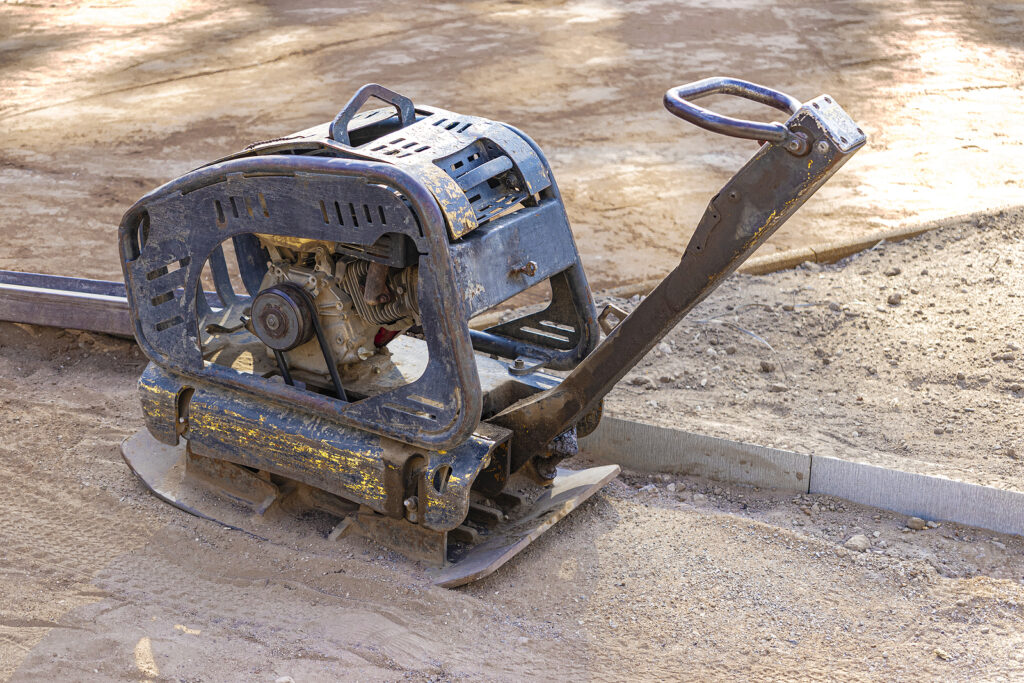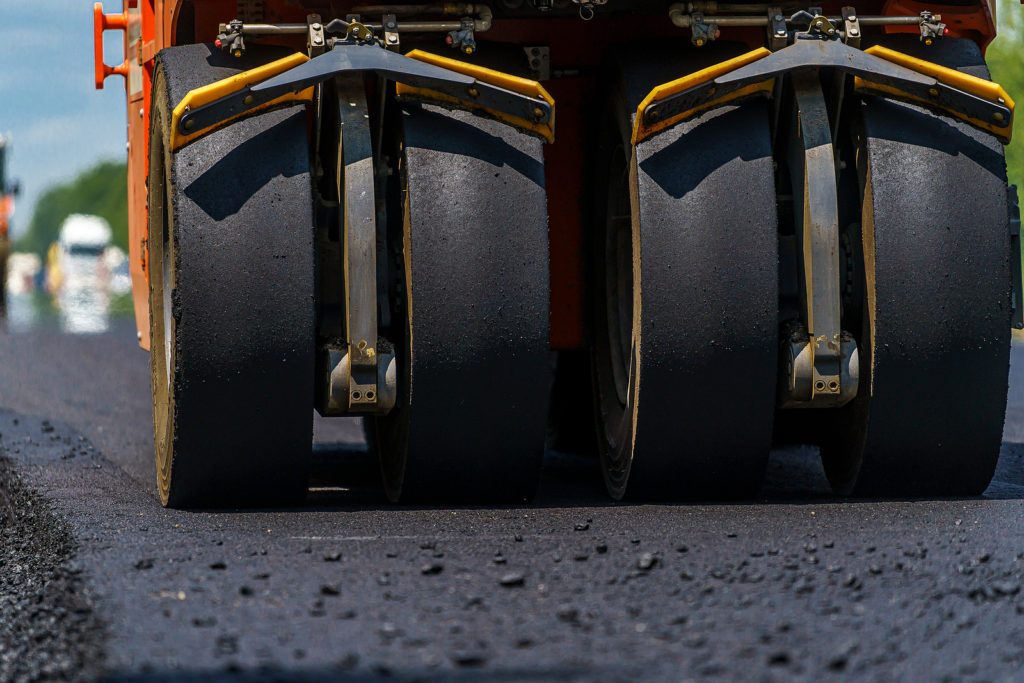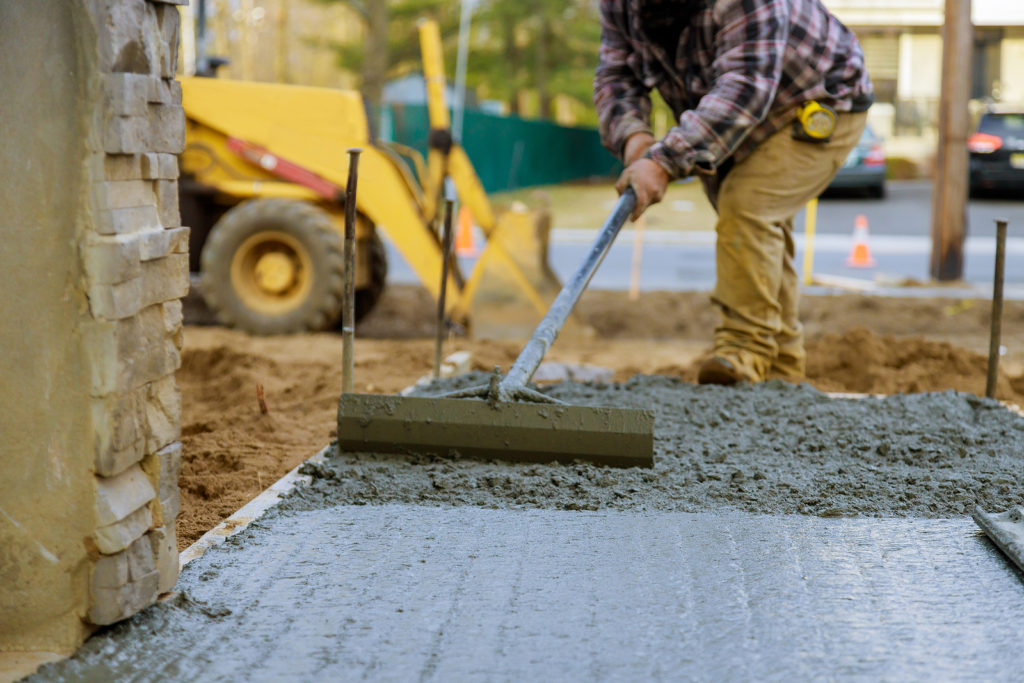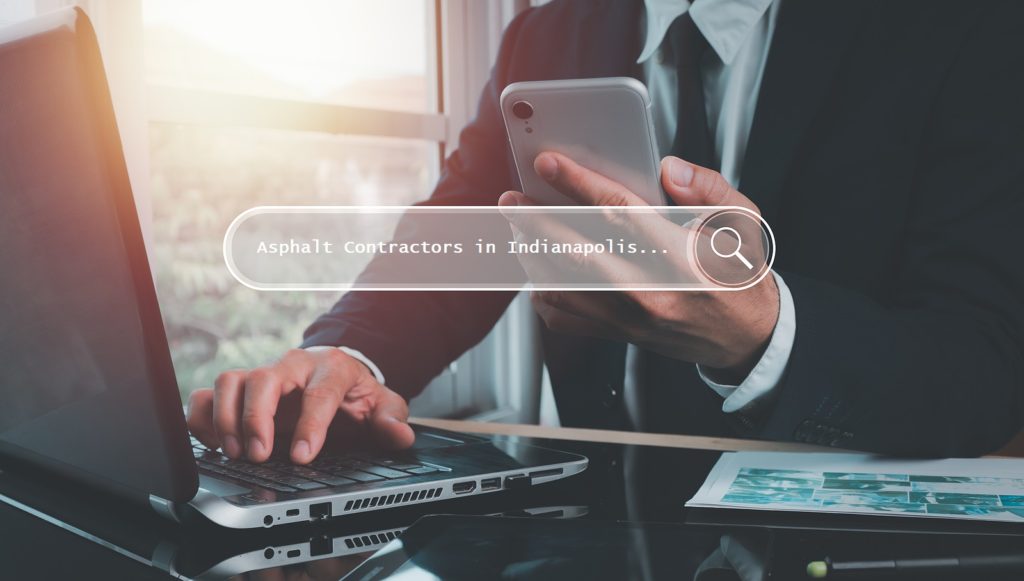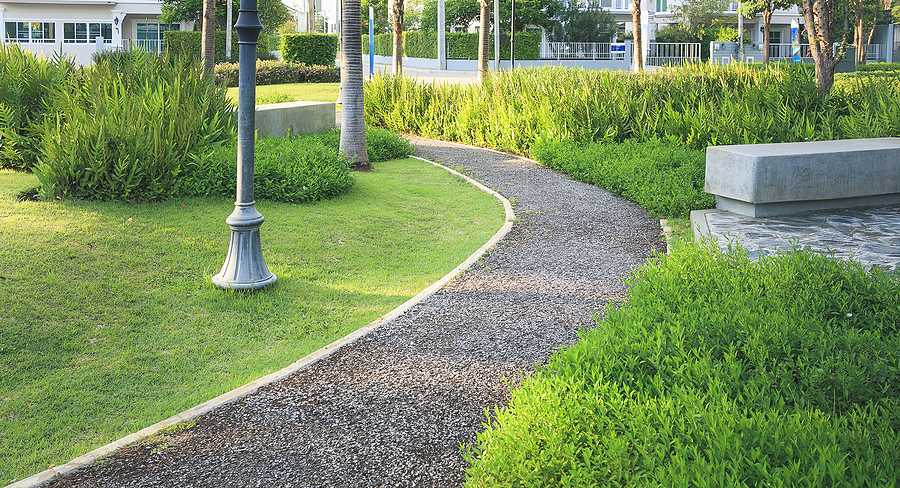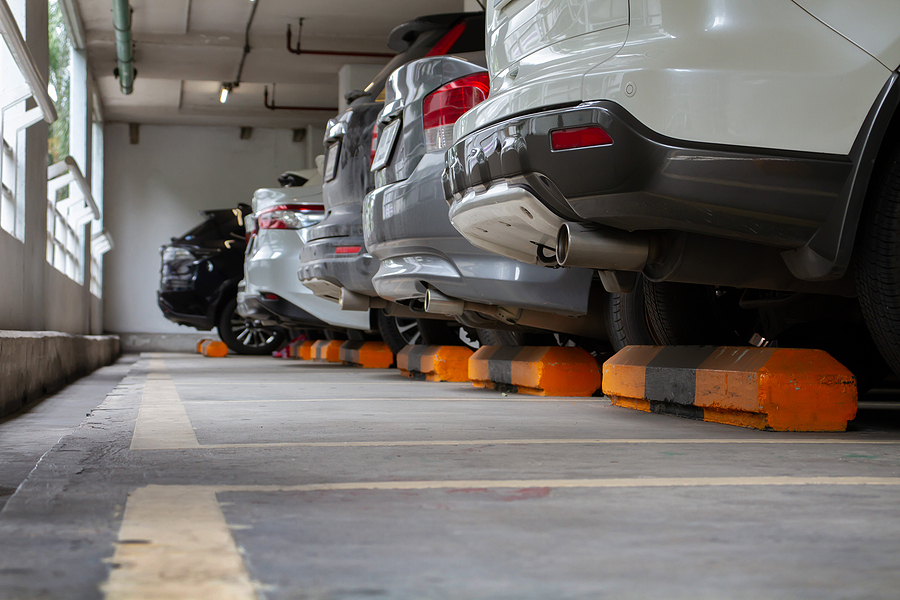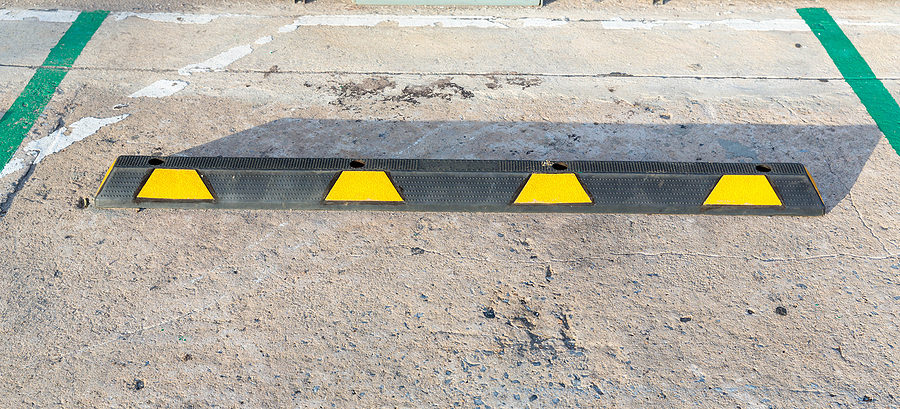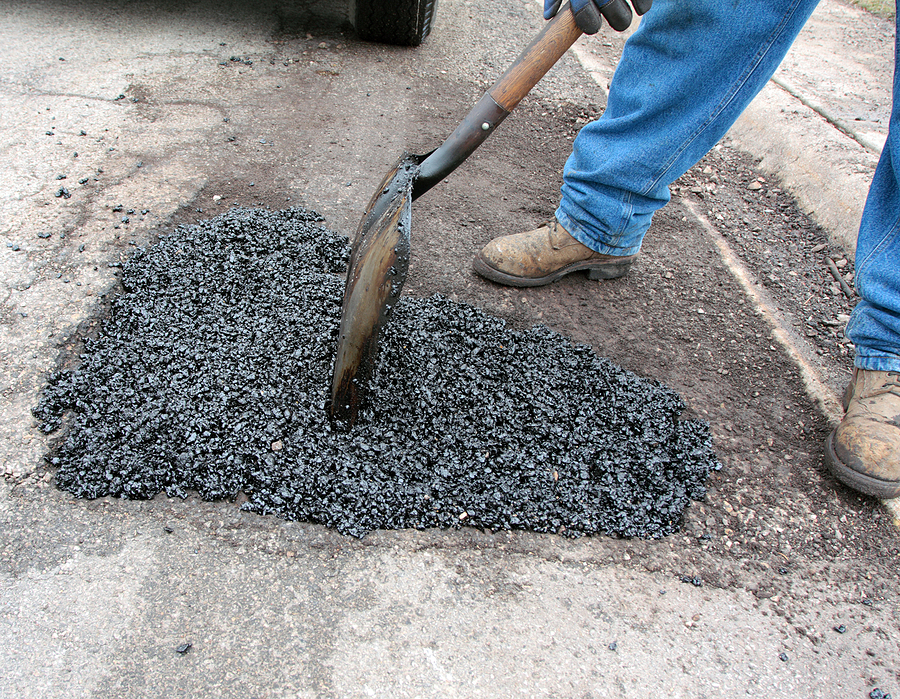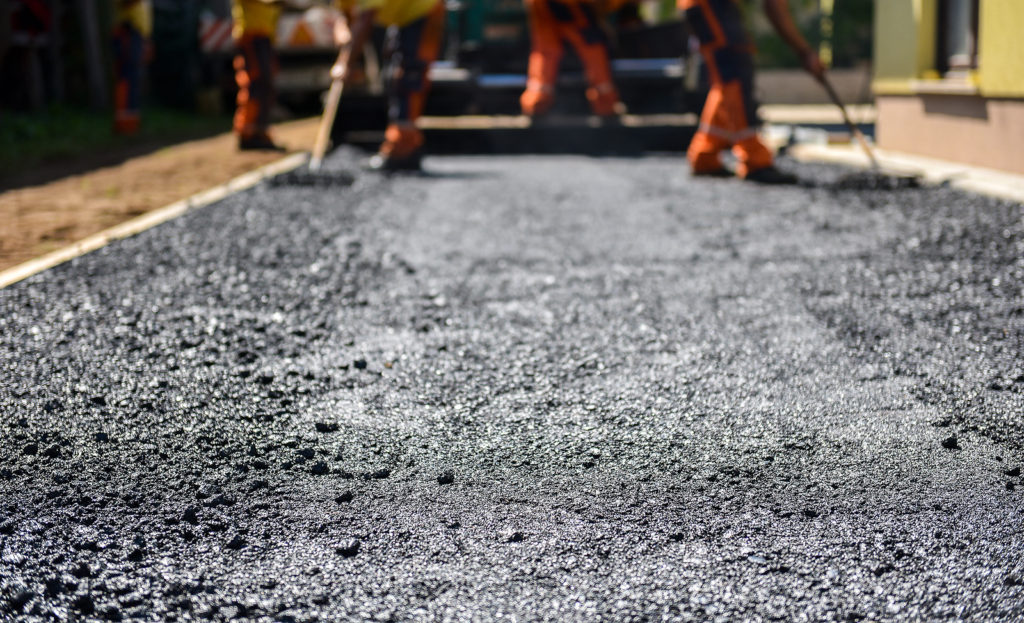When it comes to asphalt paving, all conditions must be compatible to get the best results. This includes the time of year, seasonal weather, state of local environment, and of course, skill of labor. If you are preparing for an asphalt overlay or large-scale commercial asphalt project, there is absolutely no room for risk. You do not want the outcome of your asphalt venture to negatively impact your bottom line.
Continue below to learn some essential asphalt paving strategies that will ensure your asphalt development renders high performance results, including longevity, safety, and curb-appeal.
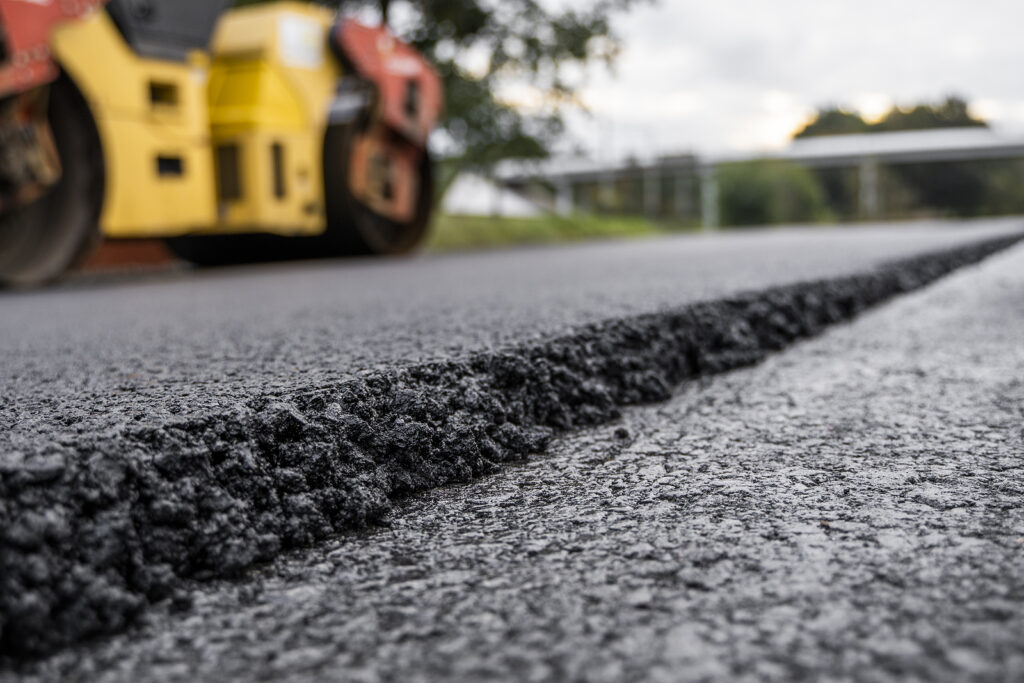
The Right Time of Year for Asphalt Paving
Because ambient weather is so essential for proper paving results, the best times of year to pave asphalt is during the spring and fall. Namely, there should not be any snow on the ground, nor should the ground be frozen.
Spring is the busiest asphalt paving season, which generally begins right after the final snow melt, and peaks just before June. However, April and May can be troublesome because they are the rainy season here in the Mid-west. Weather has to be just right for proper asphalt paving.
Weather for Asphalt Work
The weather must be dry, and temperatures must be ambient in order to get good results with asphalt work. Rain, snow, and ice are not compatible weather conditions, nor is high levels of heat, moisture, or humidity. If the ground is frozen, asphalt work cannot begin until it has thawed completely, which means freezing temperatures are also non-compatible for asphalt paving. If the forecast calls for bad weather, most asphalt companies will postpone work to a drier day with better climate.
Winter Paving
Most asphalt work is done around the winter season since frozen ground poses all sorts of obstacles and problems with paving. Here in the Mid-west, winter climates do not generally peak until after the holiday seasons, so December asphalt work is usually compatible. If asphalt work is done on frozen ground, the mix can cool to quickly or break apart, leading to premature, if not immediate, cracks, potholes, and similar structural defects.
Cold Mix Asphalt Work
Highly experienced asphalt companies have access to innovative paving technologies and state of the art materials, such as cold mix asphalt, which allows winter asphalt work to commence with guaranteed results. Good paving contractors have the skills to work quickly and efficiently in winter to perform cold season paving without any problems. Choosing a reliable Indiana paving company is critical to outcome of your development.
Does your commercial property require asphalt work this year? Contact ACI Asphalt and Concrete at 317-549-1833 for professional asphalt paving and winter cold patching pothole repair in Indianapolis, Indiana. We serve commercial and industrial clients all through Central Indiana.
Related Posts:
The Best Temperatures For Paving Asphalt
4 Common Asphalt Problems and How to Prevent Them
How Will Snow Affect My Pavements?


